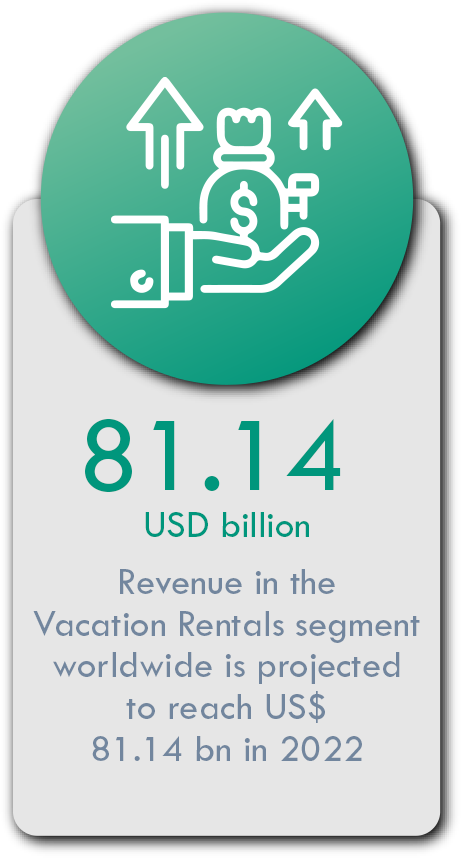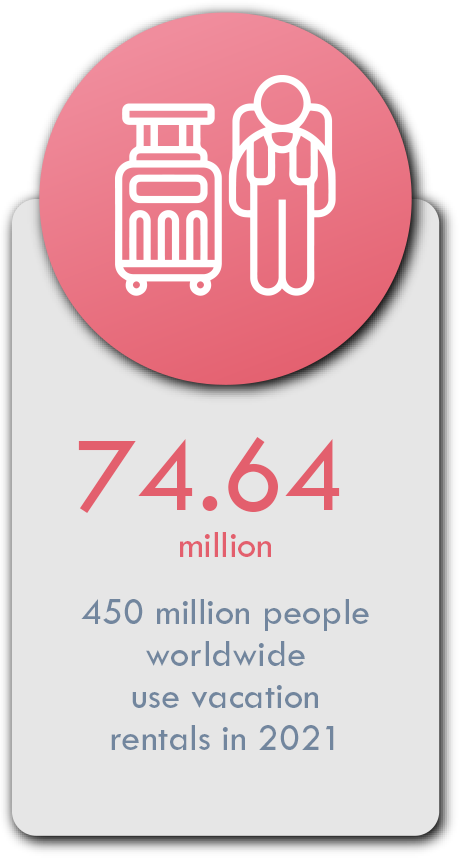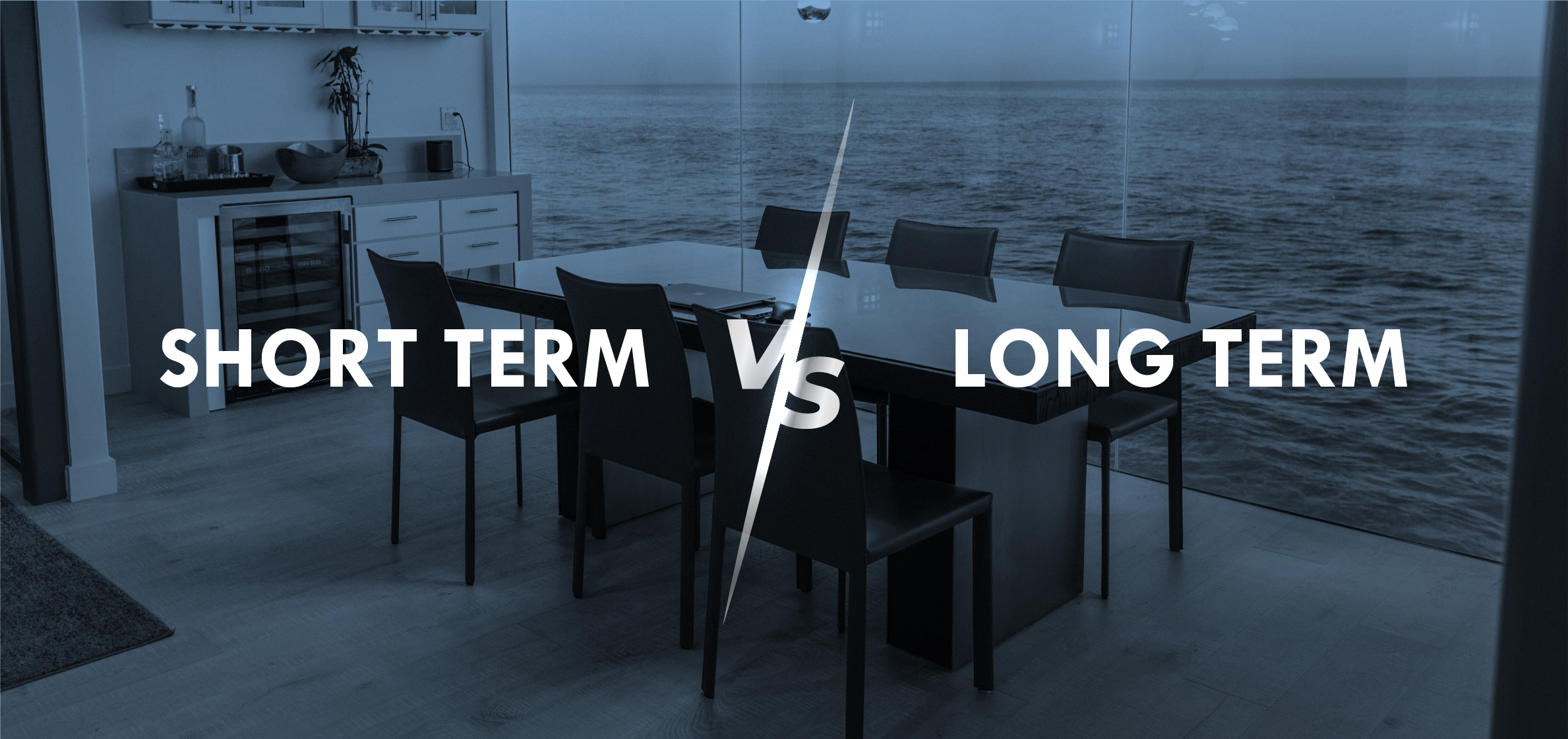PROPERTY OWNERS OFTEN WONDER WHICH STRATEGY IS BEST FOR THEIR RENTAL PROPERTIES.
Like any form of investment, both short-term and long-term strategies have unique sets of pros and cons you may want to consider before taking your next strategic step.

short term
PROS OF SHORT TERM RENTALS
Units with short term rentals allow their owners flexibility and greater control over their properties; these are regularly maintained and cleaned, slowing thus the pace of wear and tear and preventing long term damage - especially that it might not be booked all year long. Moreover, property owners can block off a few days if they decide to use their own property at their convenience! Not only that; with short rentals, prices can be dynamically adjusted more often as per the market trends. Accordingly, property owners can generate more income, even though occupancy rates might be fluctuating.
CONS OF SHORT TERM RENTALS
Although benefits of short term rentals can be numerous, operated in competitive markets - as the property needs to stand out to compete against other similar properties around. Marketing the property properly can play a big role in minimizing vacancies and maximizing profits. Furthermore, owners would spend more on maintaining the unit regularly in between occupants.
long term
PROS OF LONG TERM RENTALS
There is no doubt that long term rentals also have advantages that one should consider before deciding on the strategy to adopt.
Property owners can leverage consistent cash flows as tenants tend to book the property for a longer period of time, resulting thus in less turnover with less tenants. For property owners who prefer to have fewer guests in and out of their properties, this strategy would suit them best. Also, property owners would benefit from an easier property owners would benefit from an easier updated regularly to fetch the next tenant - i.e., source of income.
CONS OF LONG TERM RENTALS
Flipping the coin, we must note the drawbacks of long term rentals.
Long term rentals will theoretically be rented out consistently, leaving little to no freedom for property owners to use their properties whenever time allows. Also, long term units have lower profit margins, as prices are fixed for the lease term – thus not keeping up with the ever changing market regularly.
short term
PROS OF SHORT TERM RENTALS
Units with short term rentals allow their owners flexibility and greater control over their properties; these are regularly maintained and cleaned, slowing thus the pace of wear and tear and preventing long term damage - especially that it might not be booked all year long. Moreover, property owners can block off a few days if they decide to use their own property at their convenience! Not only that; with short rentals, prices can be dynamically adjusted more often as per the market trends. Accordingly, property owners can generate more income, even though occupancy rates might be fluctuating.
CONS OF SHORT TERM RENTALS
Although benefits of short term rentals can be numerous, Although benefits of short term rentals can be numerous, operated in competitive markets - as the property needs to stand out to compete against other similar properties around. Marketing the property properly can play a big role in minimizing vacancies and maximizing profits. Furthermore, owners would spend more on maintaining the unit regularly in between occupants.
long term
PROS OF LONG TERM RENTALS
There is no doubt that long term rentals also have advantages that one should consider before deciding on the strategy to adopt.
Property owners can leverage consistent cash flows as tenants tend to book the property for a longer period of time, resulting thus in less turnover with less tenants. For property owners who prefer to have fewer guests in and out of their properties, this strategy would suit them best. Also, property owners would benefit from an easier property owners would benefit from an easier updated regularly to fetch the next tenant - i.e., source of income.
CONS OF LONG TERM RENTALS
Flipping the coin, we must note the drawbacks of long term rentals.
Long term rentals will theoretically be rented out consistently, leaving little to no freedom for property owners to use their properties whenever time allows. Also, long term units have lower profit margins, as prices are fixed for the lease term – thus not keeping up with the ever changing market regularly.






SOURCES: 1) seetransparent.com 2)grandviewresearch.com 3)ipropertymanagement.com 4)statista.com 5)statista.com

Wondering what tools can assist property owners in managing their rentals and maximizing their benefits?
Check out this next article about “Keystone tools to prosperous property management - full guide”
